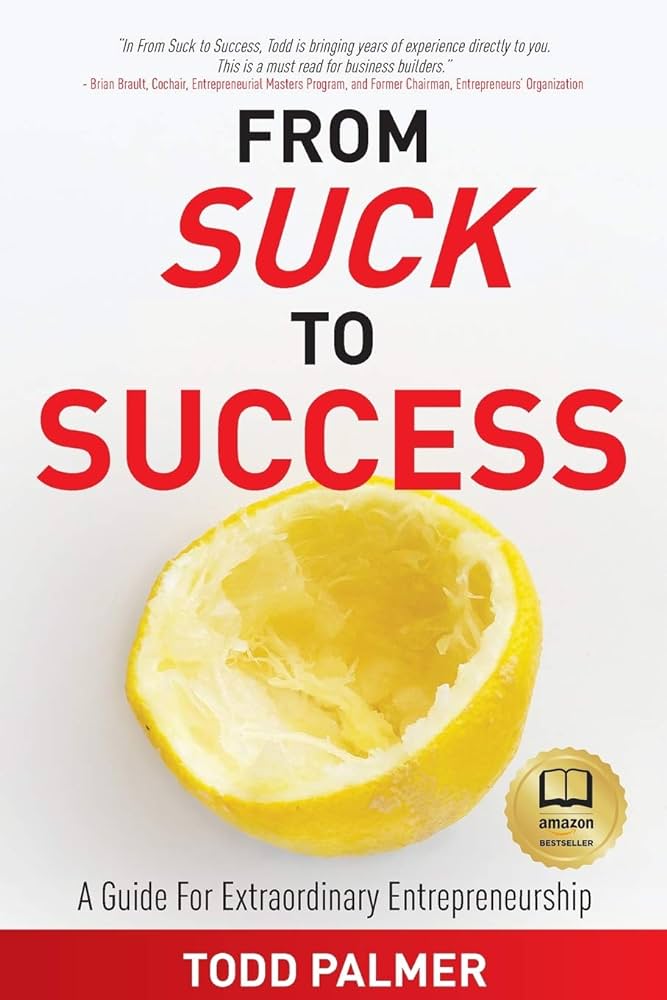Let’s talk about one of the most underrated superpowers in leadership: making people feel seen.
Today, as we continue exploring the foundation of psychological safety, I want to dive into two game-changing skills: Mirroring and Validation.
Now, I’m not just tossing out buzzwords. These aren’t just “nice-to-have” techniques; they’re the tools that help leaders foster trust, build strong connections, and create environments where teams thrive.
I’ve seen it time and again—when people feel heard, they show up more authentically, collaborate more effectively, and tackle challenges with a whole new level of energy.
Why Mirroring and Validation Matter
At the heart of psychological safety is the ability to say—through your words and actions—“I hear you, and you matter.”
It’s not just about being polite or checking a box in a meeting. These tools can transform interactions at every level:
- Enhancing Understanding: Mirroring shows you’re tuned in. Reflecting back on someone’s words (and emotions) helps lower defenses and opens the door for real connection.
- Building Rapport: Validation reinforces a simple truth—we all want to feel valued. By acknowledging someone’s feelings, you’re telling them, “You’re important.”
- Encouraging Openness: People share more when they feel safe. Validating without judgment creates space for honest, productive conversations.
- Reducing Defensiveness: Feeling understood disarms even the toughest conflicts. With walls down, collaboration can finally happen.
- Clarifying Misunderstandings: Miscommunication is one of the fastest ways to derail progress. Mirroring ensures everyone is on the same page.
How to Practice Mirroring and Validation
I’ll admit, these skills take practice. They’re simple but not always easy—especially when emotions are running high. Here are a few ways to get started:
Mirroring
- Listen Like It’s Your Job: Put down your phone. Resist the urge to formulate your next brilliant comment. Be present.
- Reflect the Emotion: If someone’s venting about a missed deadline, say, “It sounds like that was really frustrating for you.” Acknowledging feelings is powerful.
- Paraphrase for Clarity: Summarize what they’ve said in your own words: “So, you’re saying the delay made you feel overlooked?” It shows you’re tuned in.
Validation
- Acknowledge, Don’t Fix: Sometimes, people don’t want solutions; they want recognition. A simple “I can see why that would upset you” can mean everything.
- Empathize Without Overloading: You don’t have to overdo it or try to out-empathize. Authenticity is key: “If I were in your shoes, I’d feel the same way.”
- Ditch Judgment: You don’t have to agree to validate. This isn’t about being “right” but about making others feel heard.
Chris Voss’s Take
Chris Voss reminds us that these skills go beyond just “good communication.” They’re about connecting to the emotional state of another person. Whether you’re negotiating a multimillion-dollar deal or resolving tension in a staff meeting, mastering mirroring and validation helps unlock collaboration, clarity, and connection.
Todd’s Take: Why This Matters
In coaching, I’ve watched leaders transform their teams just by listening better.
I worked recently with a CEO who struggled to connect with a key team member. They were stuck in a cycle of miscommunication and frustration. Once the CEO started mirroring—not just the words but the emotions—their conversations became less combative and more constructive.
On a personal note, I’ve had to remind myself of this lesson over and over again. (Let’s face it—sometimes it’s harder with loved ones than with colleagues!) But when I’ve leaned into these skills with my wife, Jen, or my daughter, Ettajane, it’s led to breakthroughs in understanding and connection.
Your Challenge This Week
This week, I’m inviting you to experiment. Try mirroring and validation in just one conversation—maybe with a team member, a friend, or even someone in your family.
Pay attention to how it shifts the dynamic. Do they open up more? Does the conversation feel lighter? Reflect on how you feel afterward, too.
And remember, it’s okay to mess up. Growth happens in the trying, not in the perfect execution.
Let’s Build This Together
If you’re looking for more ways to create trust, foster connection, and lead with impact, let’s keep the conversation going.
Reply to this email and tell me about your experiences with mirroring and validation. What’s working? Where are you stuck?
Together, we can build environments where every conversation becomes a step toward trust, collaboration, and success.
Here’s to listening with intention,
Todd




